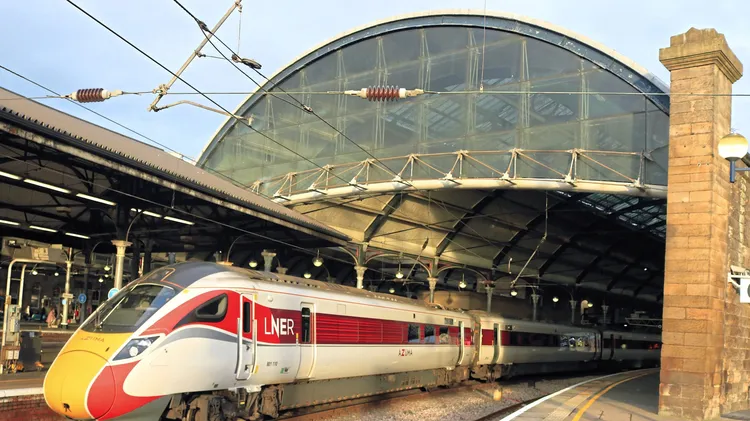Britain is getting poorer in real terms, and that’s a big
We need to believe in growth again
2 min read
This article is from...
Read this article and 8000+ more magazines and newspapers on Readly






